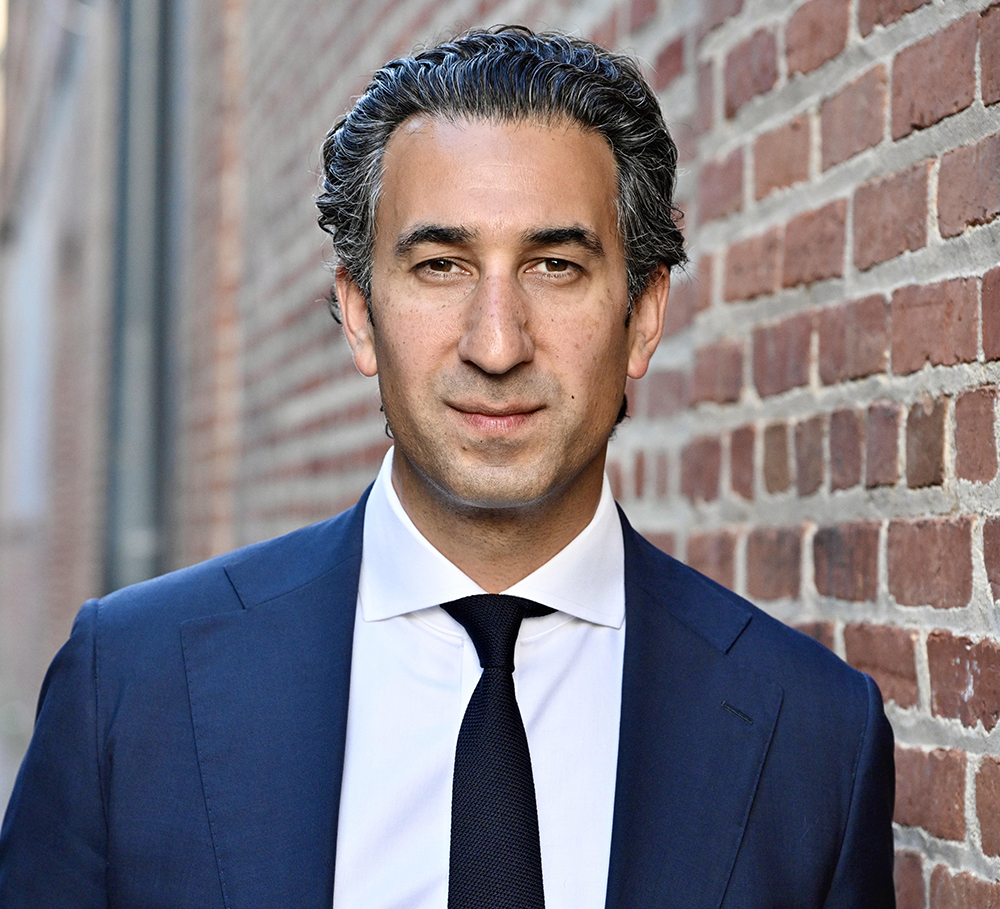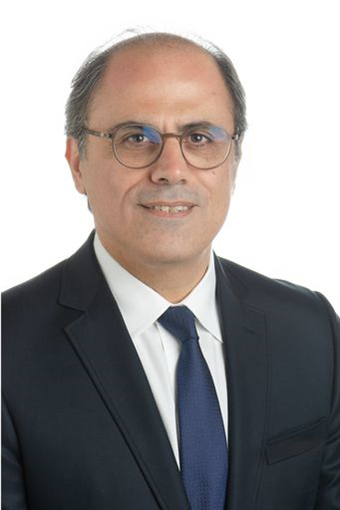A conversation with Karim Sadjadpour and Robin Wright about the recent protests and where the Islamic Republic might go from here.
Aaron David Miller, Karim Sadjadpour, Robin Wright
{
"authors": [],
"type": "pressRelease",
"centerAffiliationAll": "",
"centers": [
"Carnegie Endowment for International Peace"
],
"collections": [],
"englishNewsletterAll": "",
"nonEnglishNewsletterAll": "",
"primaryCenter": "Carnegie Endowment for International Peace",
"programAffiliation": "",
"programs": [
"Asia"
],
"projects": [],
"regions": [],
"topics": []
}
REQUIRED IMAGE
For Immediate Relase: August 7, 2003
Contact: Cara Santos Pianesi, 202-939-2211, csantos@ceip.org
Kimsey China Scholar Begins Term at Carnegie Endowment
Yayun Li's Research Focuses on Chinese Judicial Independence
The Carnegie Endowment for International Peace announces its newest visiting scholar from China's Central Party School in Beijing. Yayun Li, associate professor of law, joined the Endowment in the beginning of August. Her primary research focus is China's effort to improve judicial independence. As a three-month Kimsey Scholar, she is a participant in an Endowment effort to foster the exchange of ideas between Chinese and U.S. experts. The initiative, funded by the Kimsey Foundation, is designed to influence political reform in China and inform U.S. policymakers about Chinese political trends.
"Yayun's presence will increase our understanding of the Chinese judicial system and its attempts at reform. More generally, she will enhance the work of the Endowment's China Program and bring current, first-hand experience to Washington policy discussions," said Jessica Mathews, president of the Carnegie Endowment for International Peace.
Yayun Li is an associate professor of law at the Central Party School of the Communist Party of China and also serves as the director of the school's law department and women's studies center. In addition, Li is a part-time lawyer for the Beijing law firm Jing Yi; member of the Labor Law Committee of the Beijing Lawyer's Association; juror of the Intermediate People's Court of Bejing; and arbitrator of the Arbitration Committee of Labor Law. Li researches commercial, economic, labor and social security law and has published numerous articles. She received her Bachelor of Law degree from the Law College of Peking University and a postgraduate degree from the Central Party School.
###
Carnegie does not take institutional positions on public policy issues; the views represented herein are those of the author(s) and do not necessarily reflect the views of Carnegie, its staff, or its trustees.
A conversation with Karim Sadjadpour and Robin Wright about the recent protests and where the Islamic Republic might go from here.



Aaron David Miller, Karim Sadjadpour, Robin Wright
Implementing Phase 2 of Trump’s plan for the territory only makes sense if all in Phase 1 is implemented.

Yezid Sayigh
Fifteen years after the Arab uprisings, a new generation is mobilizing behind an inclusive growth model, and has the technical savvy to lead an economic transformation that works for all.

Jihad Azour
Western negotiators often believe territory is just a bargaining chip when it comes to peace in Ukraine, but Putin is obsessed with empire-building.

Andrey Pertsev
When democracies and autocracies are seen as interchangeable targets, the language of democracy becomes hollow, and the incentives for democratic governance erode.


Sarah Yerkes, Amr Hamzawy